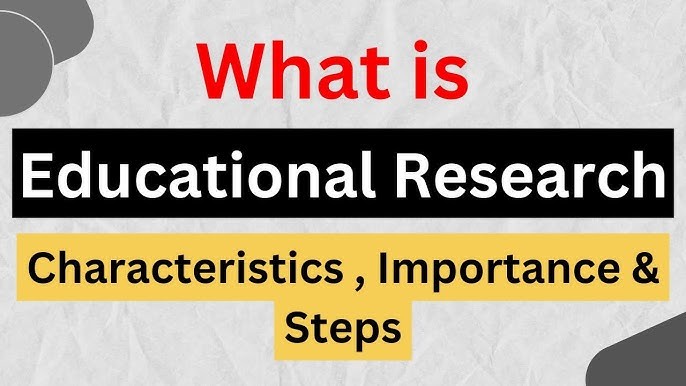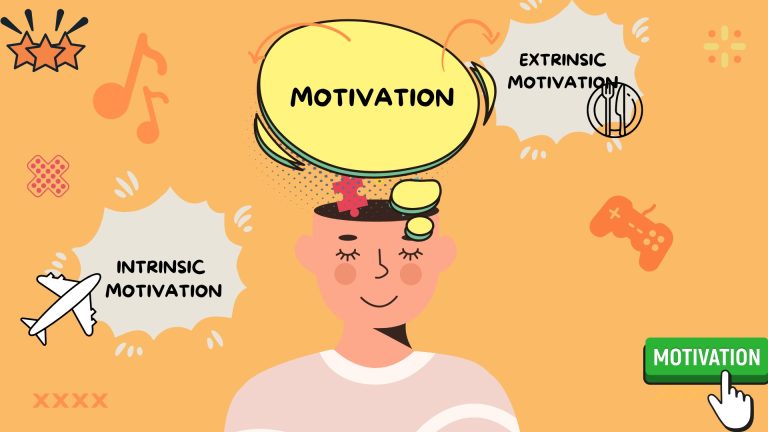How to Conduct Educational Research
In the dynamic field of education, where theories evolve, practices shift, and the needs of learners are constantly changing, the ability to conduct rigorous and insightful educational research is not merely an academic pursuit; it is a vital imperative. For educators, policymakers, and indeed anyone invested in the future of learning, research provides the evidence base necessary to understand what works, why it works, and how to improve educational outcomes for all. Moving beyond anecdotal observations, a systematic approach to educational research ensures that decisions are informed by data, leading to more effective interventions and sustainable advancements.
The journey of conducting educational research, much like any scientific inquiry, begins with a **clearly defined problem or research question**. This initial step is perhaps the most critical, as a well-articulated question will guide the entire research process. It should be specific, measurable, achievable, relevant, and time-bound (SMART). For example, instead of a broad question like “How can we improve student engagement?”, a more focused research question might be, “Does the implementation of gamified learning modules in 7th-grade mathematics classes increase student participation and test scores over a single academic semester?” This specificity allows for precise data collection and analysis. Researchers often draw these questions from observed challenges in the classroom, debates in educational policy, or gaps identified in existing literature, mirroring the problem-solving approach seen in business innovation.
Once the research question is solidified, the next crucial phase involves a **comprehensive review of existing literature**. This step is not merely about finding supporting evidence, but about understanding the current state of knowledge on your topic. What theories have been proposed? What research methodologies have been used? What conflicting findings exist? A thorough literature review helps to position your research within the broader academic discourse, identify gaps that your study can address, and refine your research question or even your methodological approach. It ensures that your work builds upon, rather than duplicates, previous efforts, lending credibility and academic rigor to your study. For researchers in Germany, accessing robust academic databases and understanding local educational policy documents, such as those published by the Federal Ministry of Education and Research (BMBF), is paramount during this stage.
With a strong theoretical foundation in place, the researcher must then **design the study’s methodology**. This involves making crucial decisions about the research approach, data collection methods, and analytical techniques. Educational research typically falls into three main categories: qualitative, quantitative, or mixed methods. Quantitative research often involves numerical data, statistical analysis, and aims to measure relationships between variables (e.g., surveys, experiments). Qualitative research, conversely, focuses on understanding experiences, perceptions, and meanings through non-numerical data (e.g., interviews, observations, case studies). Mixed methods combine both approaches to provide a more comprehensive understanding. The choice of methodology must align directly with the research question. For instance, if you want to measure the impact of a new teaching method on test scores, a quantitative experimental design would be appropriate. If you want to understand students’ lived experiences with online learning, a qualitative approach with in-depth interviews would be more suitable. Ethical considerations, such as obtaining informed consent, ensuring anonymity, and protecting participant well-being, are paramount at this stage and must be meticulously addressed.
Following methodological design, the practical work of **data collection** begins. This phase demands meticulous attention to detail and adherence to the established plan to ensure data quality and reliability. Depending on the chosen methodology, data collection could involve administering surveys to a large sample of students, conducting one-on-one interviews with teachers, observing classroom interactions, analyzing existing documents (like curriculum materials or student records), or running controlled experiments. The consistency and integrity of data collection directly impact the validity of your findings. Any deviations or inconsistencies can introduce bias and weaken the credibility of your research. This is often the most time-consuming phase and requires careful management and organization.
Once data is collected, the next crucial step is **data analysis and interpretation**. This involves processing the raw data using appropriate statistical software for quantitative data (e.g., SPSS, R) or qualitative analysis tools for thematic coding and pattern identification (e.g., NVivo, Atlas.ti). The goal is to identify trends, relationships, and significant findings that directly address your research question. Interpretation then involves making sense of these findings within the context of your literature review and theoretical framework. What do the results mean? Do they support or contradict existing theories? What are the implications for educational practice or policy? This analytical rigor is what transforms raw data into meaningful insights.
Finally, the research culminates in the **dissemination of findings and recommendations**. This typically involves writing a comprehensive research report, thesis, or academic article that clearly presents the research question, methodology, findings, discussion, and conclusions. It is crucial to communicate your results clearly, concisely, and transparently, highlighting both the strengths and limitations of your study. Beyond academic publications, effective educational research aims to translate findings into actionable recommendations for practitioners, policymakers, and educational leaders. This might involve presenting at conferences, writing policy briefs, or developing practical guides for teachers. The ultimate objective is to ensure that the research contributes meaningfully to improving educational practices and fostering a more effective learning environment for all.
In essence, conducting educational research is a systematic, iterative, and ethical process that moves from curiosity to evidence-based insight. By meticulously defining a problem, comprehensively reviewing existing knowledge, designing robust methodologies, carefully collecting and analyzing data, and clearly disseminating findings, researchers can contribute invaluable knowledge to the field of education. This rigorous inquiry is not just about advancing academic theory; it is about providing the tools and understanding necessary to make a tangible, positive impact on the lives of learners and the future of educational systems worldwide.







